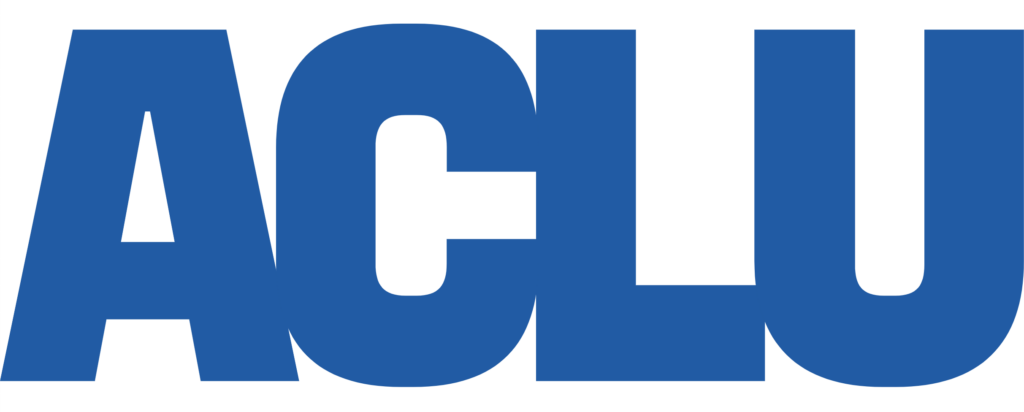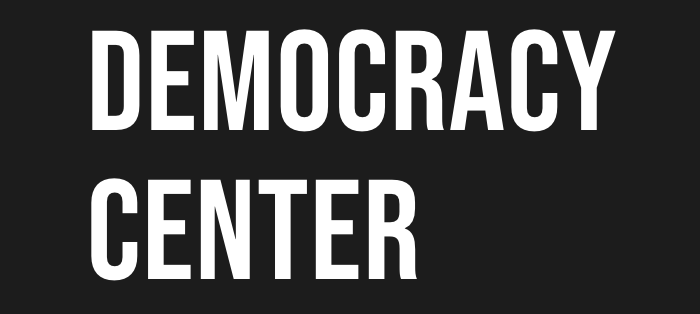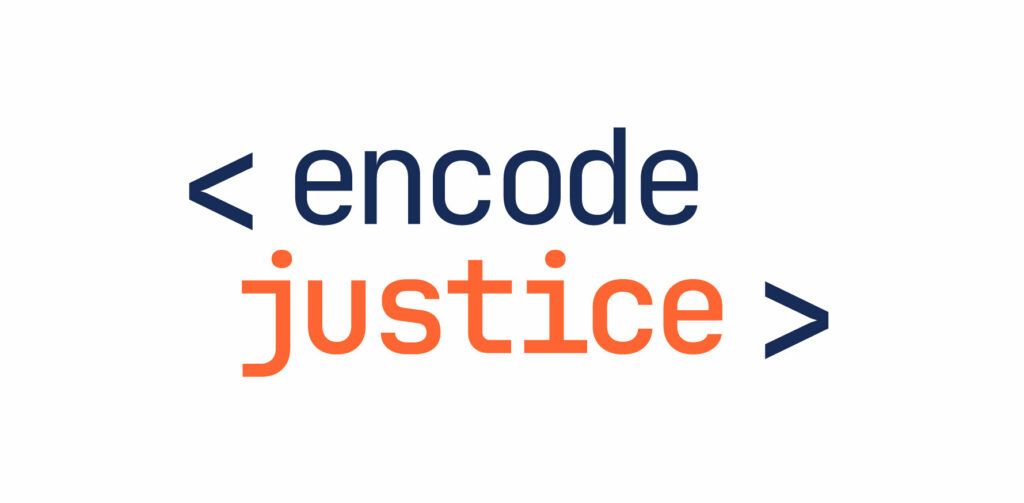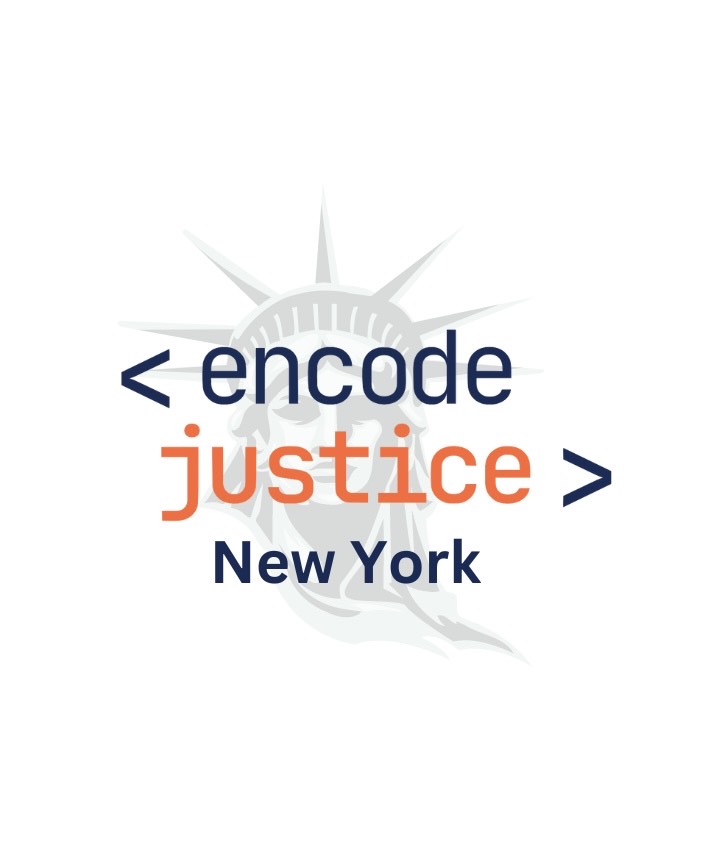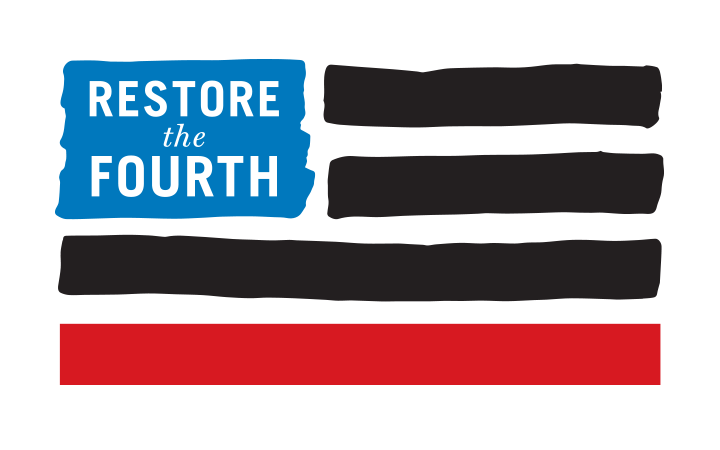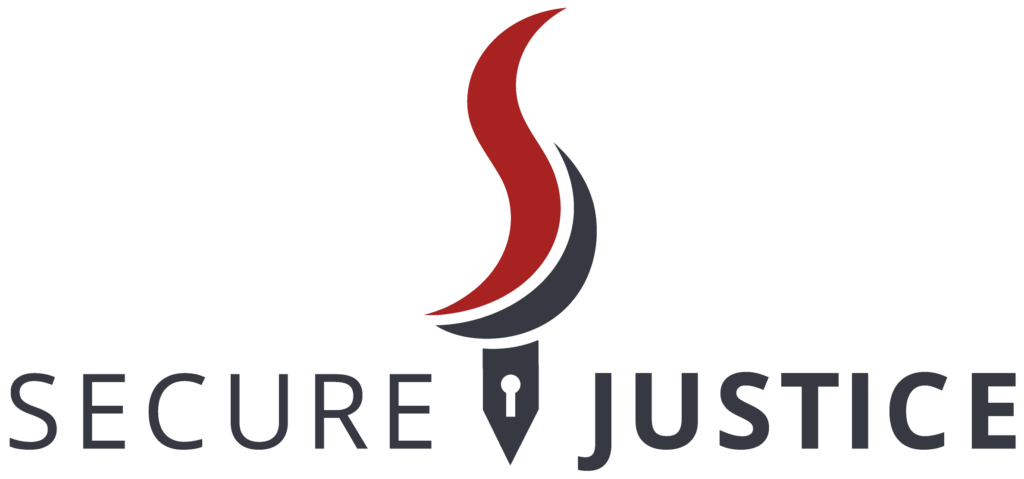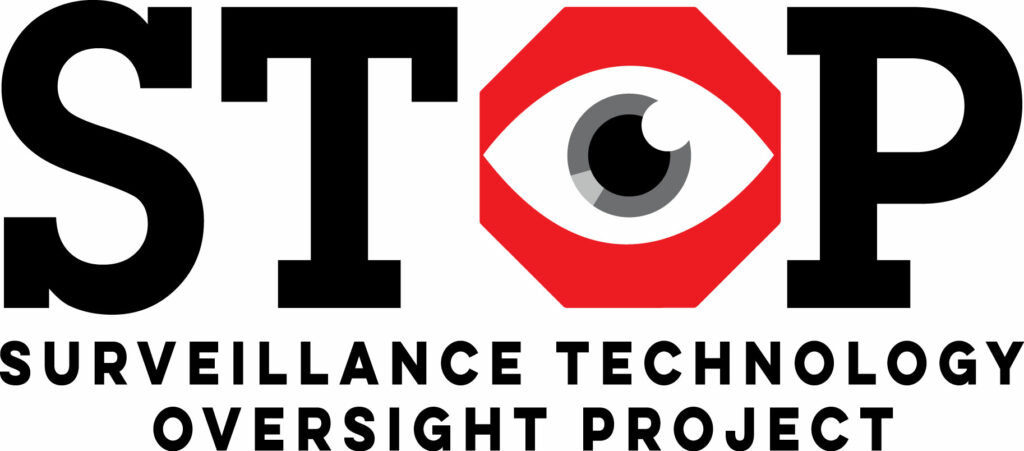Ban Facial Recognition in Schools
The world’s most dangerous surveillance technology is invading our schools and putting kids at risk across the country.
In recent years school systems have been quietly introducing unethical experiments with facial recognition software, using it to scan, analyze, and collect sensitive biometric information on tens of thousands of students, parents, teachers, and staff.
No matter the form, whether it’s creepily watching students in class, tracking attendance, or monitoring hallways, facial recognition is invasive, biased, and puts people’s most sensitive data at risk of being abused or stolen. It simply does not belong anywhere near school campuses.
In fact, face scanning tech is so dangerous that New York state decided to ban its use in schools last year.
Now we need state lawmakers, state education departments, and the federal Department of Education to follow suit by taking a strong stand against facial recognition. Sign the letter below to keep facial recognition out of schools.
Testimonials
How does facial recognition make
schools LESS safe?
It’s Biased:
Studies have repeatedly shown that facial recognition programs systematically misidentify or fail to identify people of color, women, children, and nonbinary people––basically anyone who isn’t a white man. These errors have real-world impacts, including harassment and wrongful arrests –– events that can forever change the course of someone’s life.
It feeds systemic discrimination:
This technology will supercharge the discrimination and harassment that students of color and students with disabilities already face, further exacerbating the school-to-prison pipeline.
It creates a chilling effect:
Research shows that people are less likely to participate in political protests and political events if they know they will be identified. What will 24/7 surveillance mean for young people who are navigating one of the most formative periods of their lives and need to feel safe exploring their political views and identities?
It’s not secure or trustworthy:
Even the most ‘secure’ cloud databases are vulnerable to attacks by hackers and abuse by law enforcement agencies, meaning there is simply no way to guarantee the safety of mass amounts of face scan data. The theft of this data – biometric data that can’t be replaced or changed – poses risks to people’s privacy and safety that are unprecedented. On top of that, we have no real way of knowing how companies are using the data they collect through facial recognition today or in the future.
Partners
Take Action
Use this toolkit to talk to lawmakers about banning facial recognition in schools in your state
More Info
- Facial Recognition Is Everywhere. Here’s What We Can Do About It: start here for an overview of how facial recognition technology functions and how it’s being used.
- Spying on Children Won’t Keep Them Safe: this op-ed tells the story of community opposition to Lockport, NY’s attempt to introduce facial recognition surveillance in public schools in 2019.
- Digital Dystopia: The Danger in Buying What the EdTech Surveillance Industry is Selling: this ACLU research report explores EdTech’s harms on high school students, as well as possible policy solutions.
- He Wanted Privacy. His College Gave Him None: university students are being tracked and surveilled through online activity monitoring, automated license plate readers, and other technology.
- Off Task: EdTech Threats to Student Privacy and Equity in the Age of AI: this Center for Democracy & Technology report explores the impacts of AI-driven technology such as predictive analytics, content filtering and blocking, student activity monitoring, and generative AI on high school students.
Learn more and take action against other forms of surveillance impacting students:
